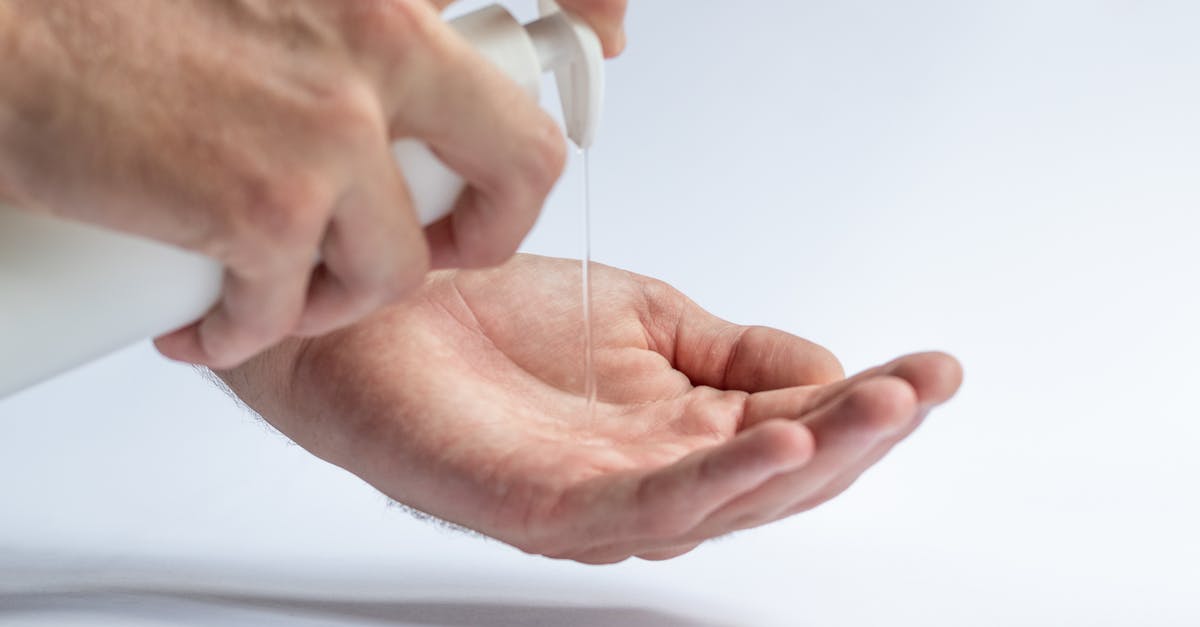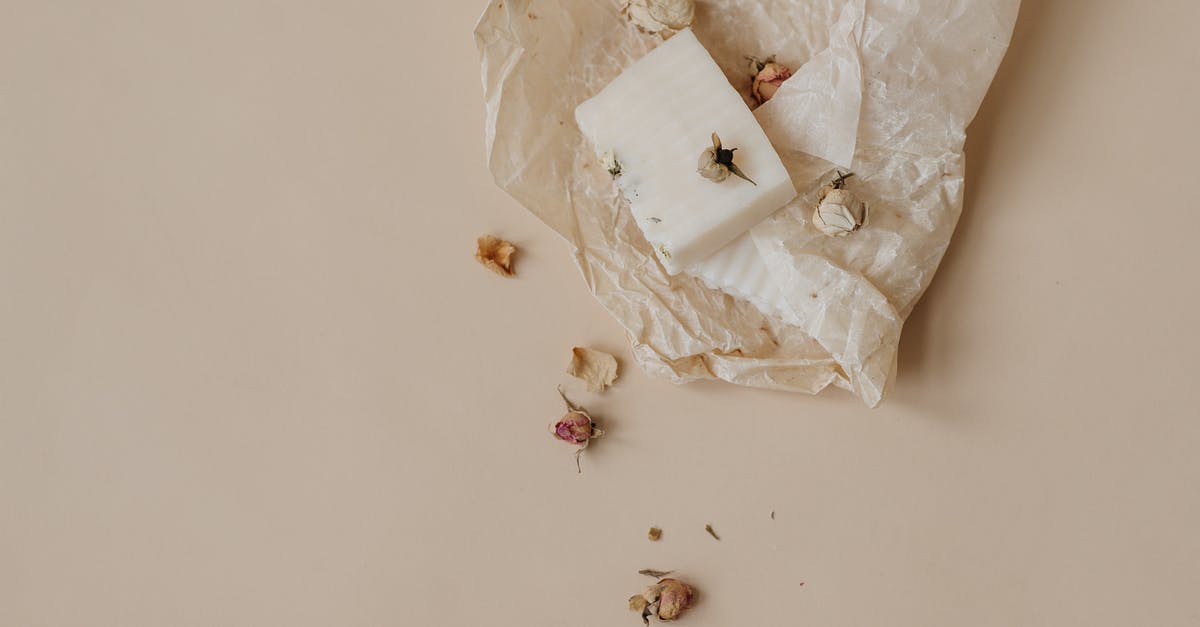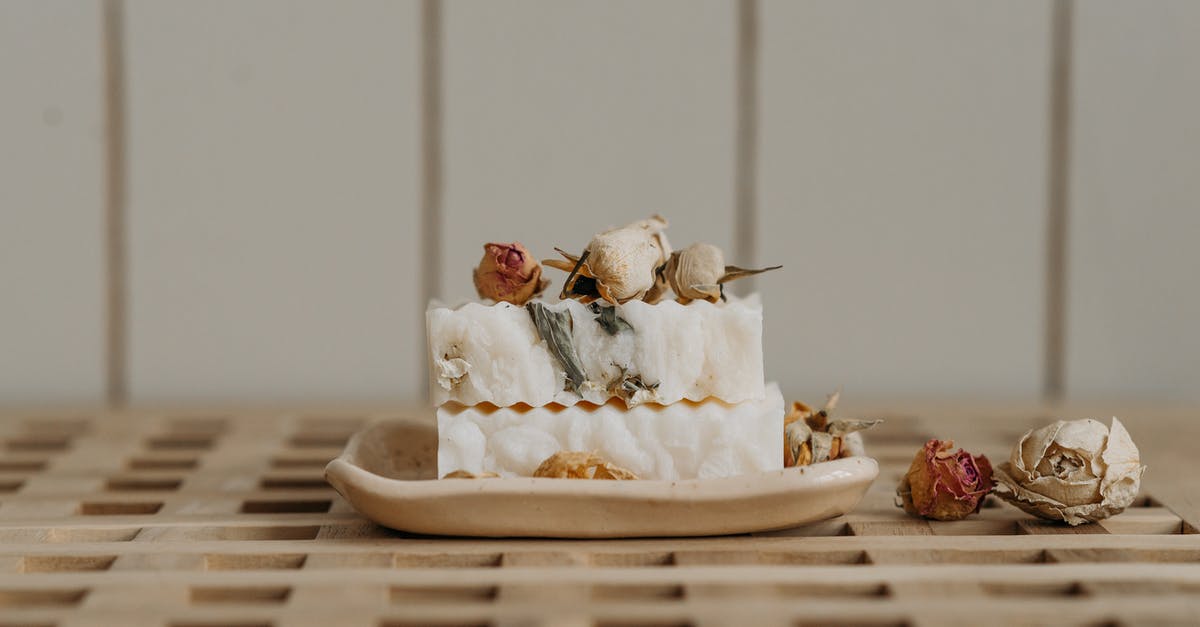Does soap kill germs?

This accepted answer about knife cleaning seems to presume that soap sanitizes:
...in household use soap is required to sanitize your knife blade.
However, a cursory search seems to undermine the presumption that soap kills germs:
This ask alice post states the following:
Regular household soap or cleanser does not kill germs — rather, it suspends (or lifts) them off the skin surface, allowing the microscopic critters to be rinsed down the drain.
The wikipedia definition for soap does not seem to suggest that soap, in general, has any germicidal properties.
This white paper on disinfecting in child care does not even consider soap for killing germs other than to clean a surface prior to.
From personal experience, I have encountered numerous liquid soap storage containers that were clearly culturing a colony of one life form or another.
So, does soap really kill germs?
Best Answer
No, soap does not kill germs in general. It facilitates washing foreign matter, dirt, and so on (which may host pathogens) from the hands. There are some soaps with antibacterial agents added, but I won't go into whether they are effective, or even a good idea, as this is not the forum for that.
Typical food service sanitation standards (that is, the health codes) require either sanitzing agents or certain heat and time requirements (or both) in dishwashing to ensure proper sanitation. See this typical regulatory summary from one jurisdiction.
This FDA document may fall into the category of Too Much Information, but the point of hand washing in food service (as important as dishwashing) is to control fecal bacteria.
Even these requirements do not kill all germs, but are intended to get to a reasonable level of cleanliness and safety for the average population for the types of threats typically related to food preparation.
Hospitals and other labs that require all pathogens or microfauna to be killed must use much more stringent measures to sterilize, rather than sanitize.
Edit: Note that the referenced question about cleaning knives also has temperature standards (the time required is not mentioned in the post, but is important)--that is the real factor that provides sanitation, not the soap. With the reduced temperature, not that the post talks about the need for "chemical additives" which would be sanitizing agents of one sort or another.
I believe the part of the referenced answer that concludes in the author's opinion that should use soap to sanitize is... well... its not quite correct. There is more to cleanliness than sanitization (reduction of pathogens). Its just that soap doesn't help with the sanitization part other than removing foreign matter which may provide a place for the pathogens to grow.
Most home folks will never truly sanitize without the use of a dishwasher as the water from the hot water heater is simply not hot enough, and most homes don't have three compartment sinks where the middle sink is used for a sanitizer dunk.
Pictures about "Does soap kill germs?"



Quick Answer about "Does soap kill germs?"
Special soaps are not necessary to clean your hands, Dr. Allan says. This is because soap alone doesn't kill bacteria. Instead, soap's role is to loosen dirt and germs, and help the water remove them from your skin.Does soap remove germs and viruses?
Unlike alcohol-based hand sanitizers, washing your hands with soap and water does not kill pathogens, it removes them.Does bar soap kill viruses?
Proper hand-washing kills COVID-19Washing with soap and water for at least 20 seconds decreases the number of microbes on our hands. This is the case whether you're using bar soap or liquid soap. Both types have surfactants, or molecules that reduce surface tension, that allow the soap to spread.How long does it take for soap to kill germs?
Scientific studies show that you need to scrub for 20 seconds to remove harmful germs and chemicals from your hands. If you wash for a shorter time, you will not remove as many germs. Make sure to scrub all areas of your hands, including your palms, backs of your hands, between your fingers, and under your fingernails.Does regular soap kill bacteria?
Regular or Plain Soap Though regular soap does not contain added antibacterial chemicals, it's effective in getting rid of bacteria and other virus-causing germs.How Does Soap Kill Bacteria? | Brut
Sources: Stack Exchange - This article follows the attribution requirements of Stack Exchange and is licensed under CC BY-SA 3.0.
Images: Callum Hilton, Pavel Danilyuk, Pavel Danilyuk, Pavel Danilyuk
